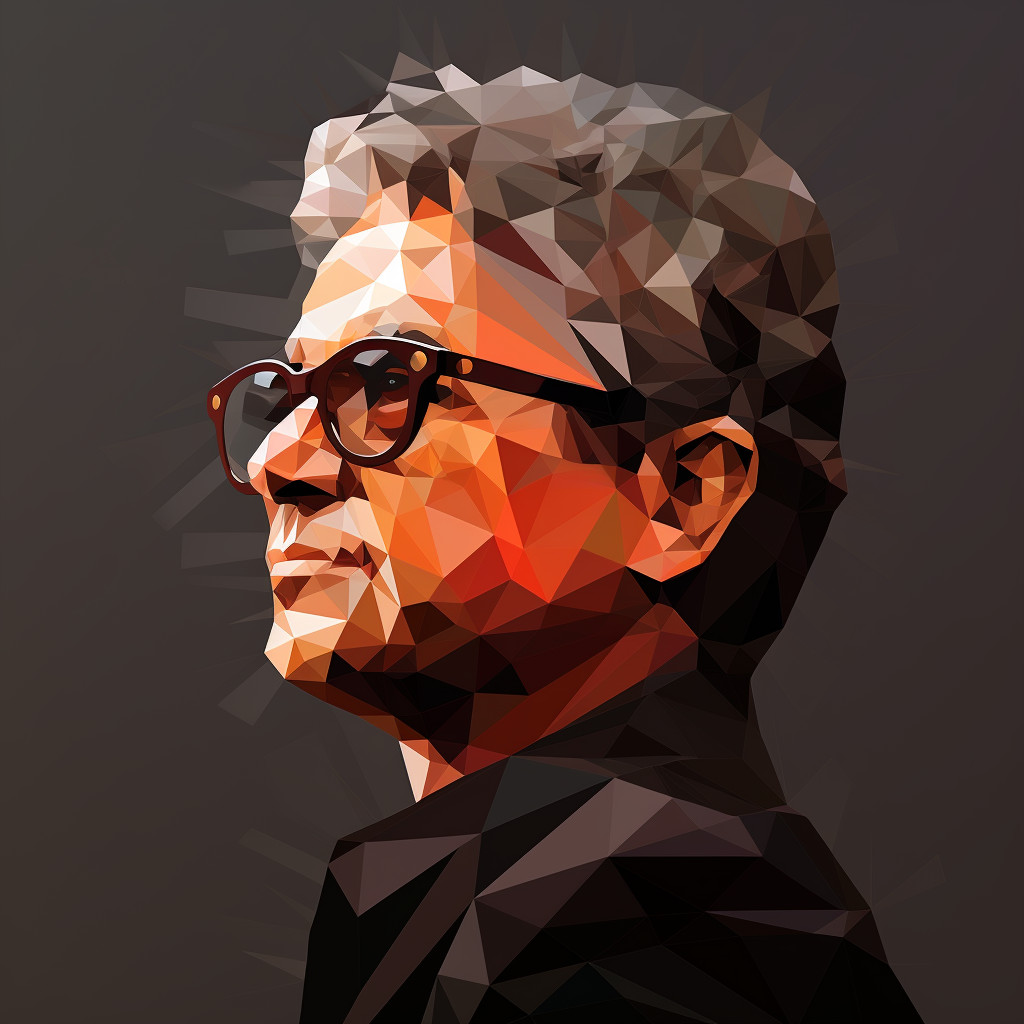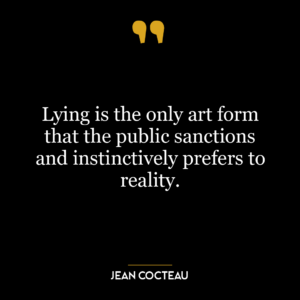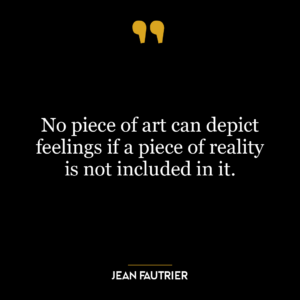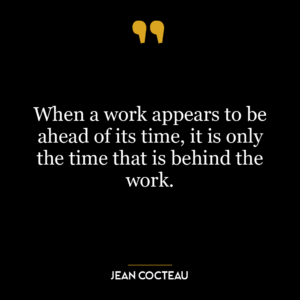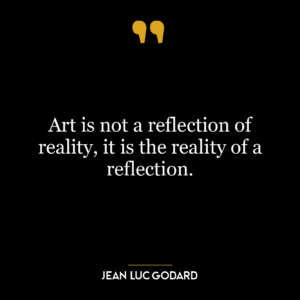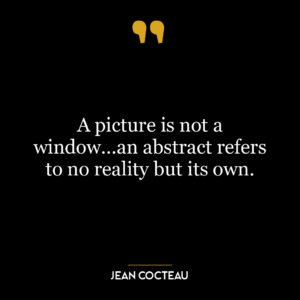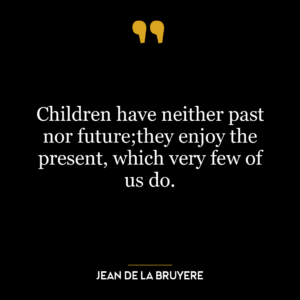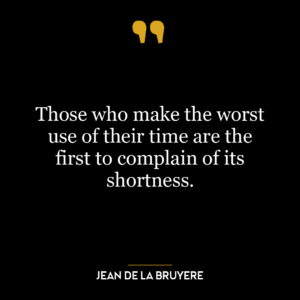This quote speaks to the power of perception and the role it plays in shaping our reality. It suggests that our understanding or interpretation of the world around us directly influences how we experience our lives. In other words, our reality is not a fixed, objective truth, but rather a subjective construct that is continually being shaped and reshaped by our thoughts, beliefs, and perceptions.
From a psychological perspective, this idea aligns with cognitive theory, which posits that our thoughts and beliefs shape our emotions and behaviors. If we believe the world to be a hostile place, for example, we are likely to feel anxious and act defensively. Conversely, if we believe the world to be supportive and benevolent, we are likely to feel secure and act openly.
This concept also aligns with quantum physics, which suggests that the observer influences the observed. That is, the way we perceive or measure a thing can actually change the nature of that thing. From this perspective, our understanding doesn’t just shape our experience of reality—it literally shapes reality itself.
So how might this idea be applied in today’s world or in personal development? It suggests that by changing our understanding, we can change our reality. If we’re unsatisfied with some aspect of our lives, we might start by examining and challenging our beliefs about that aspect.
For example, if we’re struggling with low self-esteem, we might examine our belief that we’re not good enough. Is this belief based on fact, or is it a story we’ve been telling ourselves? If it’s the latter, we can work to replace this story with a more empowering one, such as: “I am worthy and capable.” Over time, this new belief can change our feelings, behaviors, and ultimately our reality.
In a broader societal context, this quote suggests that collective understanding can shape collective reality. For instance, our understanding of issues like climate change, racial injustice, or economic inequality can directly influence how these issues manifest in our world. If we understand these issues as urgent and solvable, we’re more likely to take action to address them, thereby creating a new reality.



